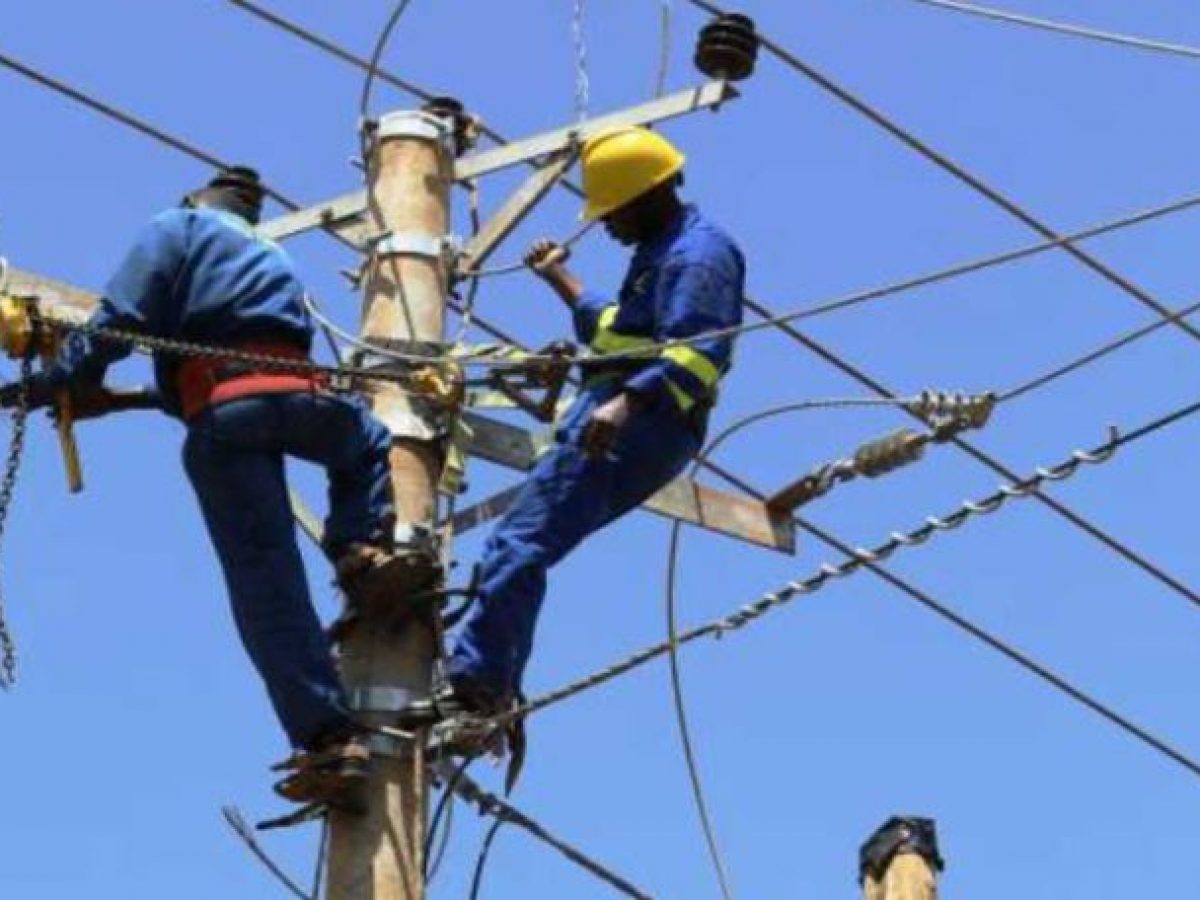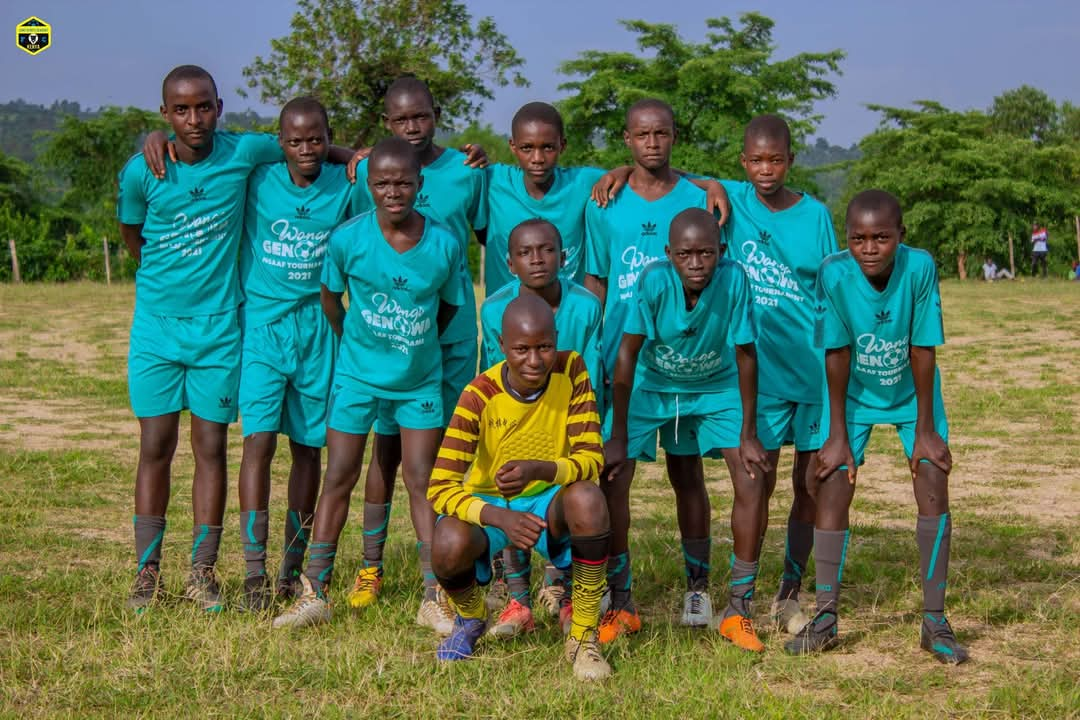The Dark Side of Kenyan TikTok: A Growing Concern
In recent years, TikTok has swept through Kenya, captivating millions with its short-form videos. From dance challenges to lip-sync battles, the platform has become a cultural phenomenon, offering a space for creativity, entertainment, and social interaction. However, beneath its vibrant surface lies a more troubling reality, one that reveals the darker aspects of this digital entertainment hub.
TikTok’s appeal is undeniable. With an estimated 54% of Kenyans using the app for general purposes, according to the Reuters Institute Digital News Report 2023, it’s clear that the platform has a massive footprint in the country. Yet, this popularity also brings with it several issues that warrant a closer look.
Ethnic Tensions and Misinformation
One of the most alarming aspects is the platform’s potential to amplify ethnic tensions and spread misinformation. Reports have highlighted how TikTok has been used to stir up tribal hatred during election periods. The platform’s algorithm, which creates echo chambers, can reinforce biases and misinformation, especially during politically sensitive times. The Kenyan elections of 2022, for example, were marred by such online propaganda, where slickly produced, misleading content went viral, potentially influencing public opinion and even inciting violence.
Exploitation and Hypersexualization
The dark side extends into the personal realm as well. There have been numerous accounts that have noted a shift in content, especially during late-night hours. Reports suggest that TikTok has become a space where some individuals, including minors, are exploited for financial gain through explicit content. This has raised concerns about the hypersexualization of young users, with some parents allegedly involved in these exploitative practices. The presence of such content not only questions the platform’s moderation capabilities but also poses significant risks to the mental and emotional health of its younger audience.
Cyberbullying and Predatory Behavior
Cyberbullying on TikTok is another grim reality. The platform, like many social media outlets, has become a breeding ground for harassment, where anonymity emboldens individuals to engage in behavior that they might not in person. Moreover, the app has been criticized for not doing enough to protect its users from sexual predators, who use the platform to target minors. This has led to calls for more robust safety measures, including better AI-driven content filtering and more human moderators focused on African contexts.
Cultural Impact and Addiction
The cultural impact of TikTok in Kenya is profound, but not always positive. There’s a growing concern over addiction, with some posts on X highlighting that even older generations are becoming engrossed, to the point of neglecting other responsibilities. This digital distraction can lead to a decline in academic performance, as noted by critics like Mr. Ndolo, who has petitioned for stricter controls or even a ban on the app in Kenya. The addictive nature of TikTok, where users can get lost in an endless scroll of content, poses a significant challenge to mental health, especially when it becomes a substitute for real-life interactions and responsibilities.
Government and Community Response
The Kenyan government has recognized these issues and has proposed a regulatory rather than prohibitory approach. Instead of banning TikTok, as some have suggested, the government recommends co-regulation, where the platform itself must comply more stringently with local laws regarding content and user protection. This move acknowledges the platform’s utility while aiming to curb its darker aspects.







